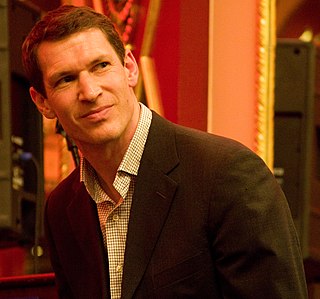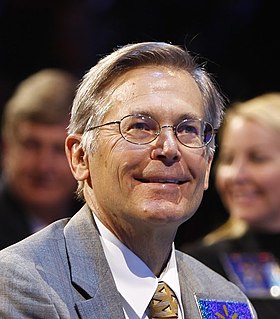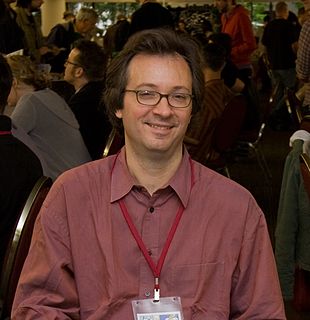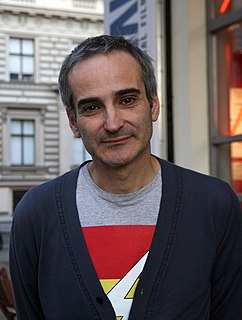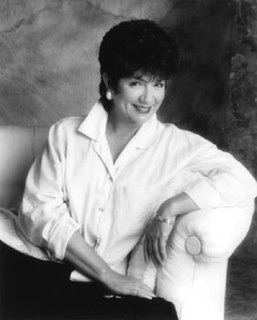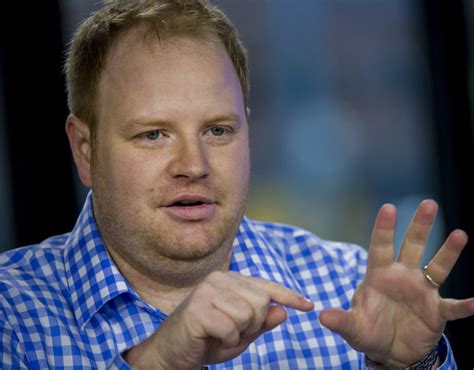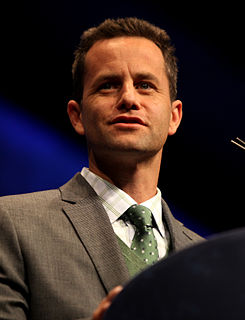A Quote by Tim Hetherington
We're journalists, so our default position is we're not writing editorial. We're trying to bring information to readers, viewers, so that they can make up their own conclusions.
Related Quotes
The New York Times and PBS are gatekeepers of a sort. And they perform that role of gatekeeping with a set of rules and aspirations about where they want to lead their viewers and their readers. They value objective facts, and they attempt to transmit a comprehensive view of the world. And they do have values. And they do lead their viewers and their readers to certain conclusions. But it's different than such monopolies as Apple or Google which are dissecting information into these bits and pieces, which they're then transmitting to people. And it's about clicks.
I think movies are expressions of our imagination; they are expressions of our conscious and of our subconscious. I think that movies can be analyzed the way dreams are analyzed, and sometimes I feel that the viewers or the journalists I discuss the film with are psychoanalysts who are trying to make sense of my dreams.
Journalists in newspapers and in many magazines are not permitted to be subjective and tell their readers what they think. Journalists have got to follow a very strict formulaic line, and here we come, these non-fiction writers, these former journalists who are using all the techniques that journalists are pretty much not allowed to use.
A reader is entitled to believe what he or she believes is consonant with the facts of the book. It is not unusual that readers take away something that is spiritually at variance from what I myself experienced. That's not to say readers make up the book they want. We all have to agree on the facts. But readers bring their histories and all sets of longings. A book will pluck the strings of those longings differently among different readers.
